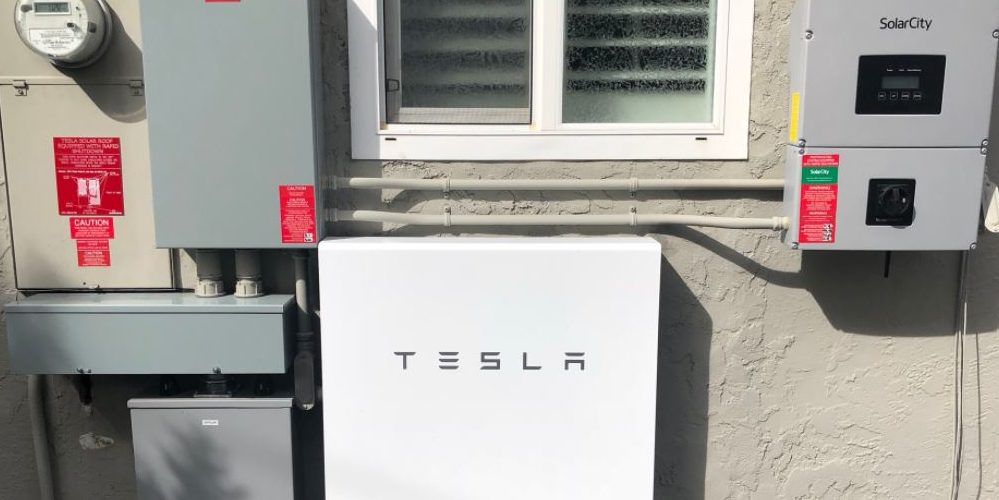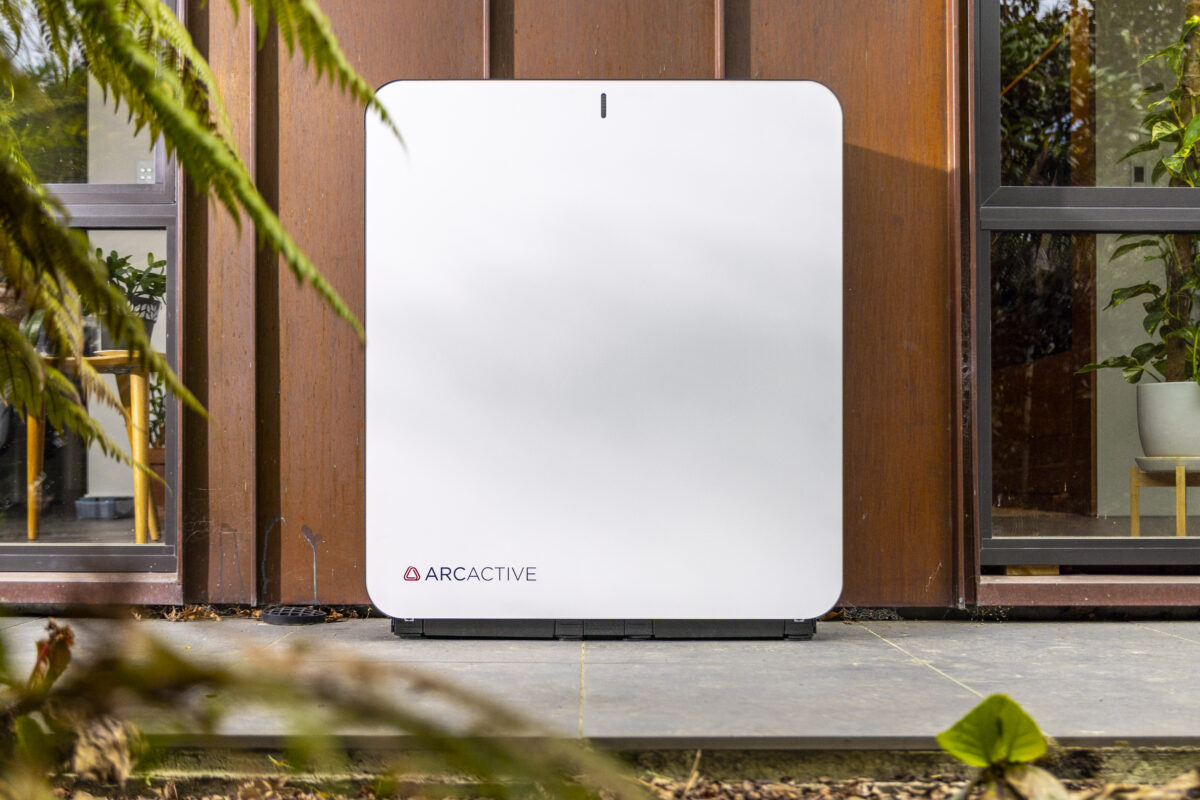In 2017, after Hurricane Irma hit Florida, a nursing home in Hollywood, Florida lost power and fourteen of their patients passed away. A medical examiner ruled that twelve of the fourteen deaths were in fact homicides. This means that these people should have lived longer, but that their bodies were overcome by the heat in an avoidable tragedy. In a world of increasing temperatures, electricity can mean life.
This is being acted on in Vermont, where the Vermont Low Income Trust for Electricity (VLITE) has provided a US$150,000 grant for the installation of 100 Tesla Powerwall 2.0 batteries in the homes of low-income customers with significant need for backup power reliability due to health and mobility issues.
The units will be part of the Tesla – Green Mountain Power‘s 2,000 unit, 10 MW / 27 MWh distributed storage network. The 100 units will represent another 500 kW / 1,350 MWh in power and energy capacities.
Normally, to be in the Powerwall program, a customer within the electric utility’s coverage area will pay a one-time fee of US$1,500 or an ongoing fee of US$15/month. A standard Powerwall, hardware only, costs US$6,250 per the Tesla website, and installation can bring the costs to US$10,000 quickly.
Customers interested in the program can sign up here.
The lower purchase price works for Green Mountain Power because the company retains control of the energy storage hardware from a centralized management platform. One customer noted that their Powerwall was down to 20% of available energy during the past summer’s heatwaves.
But this system is also delivering for customers. The network of Powerwalls plus two fixed energy storage plants drove US$500,000 in peak demand charges savings over the summer. Complementing the energy storage roll out, Vermont has also seen big growth (from a low base) in its volume of solar power deployed.
Kristin Kelly of Green Mountain Power told pv magazine that they expect the Powerwall project to provide US$2-3 million in savings to all customers over it’s lifetime.
It is also popular for less tangible reasons. Citizens want energy storage and they want solar, not only for environmental and economic benefits, but for peace of mind that they will have electricity during outages.
This content is protected by copyright and may not be reused. If you want to cooperate with us and would like to reuse some of our content, please contact: editors@pv-magazine.com.








By submitting this form you agree to pv magazine using your data for the purposes of publishing your comment.
Your personal data will only be disclosed or otherwise transmitted to third parties for the purposes of spam filtering or if this is necessary for technical maintenance of the website. Any other transfer to third parties will not take place unless this is justified on the basis of applicable data protection regulations or if pv magazine is legally obliged to do so.
You may revoke this consent at any time with effect for the future, in which case your personal data will be deleted immediately. Otherwise, your data will be deleted if pv magazine has processed your request or the purpose of data storage is fulfilled.
Further information on data privacy can be found in our Data Protection Policy.